By Emma Johnston-Wheeler
The Followills discover the freedom of new beginnings with a rock and roll album that brings the party back to life.
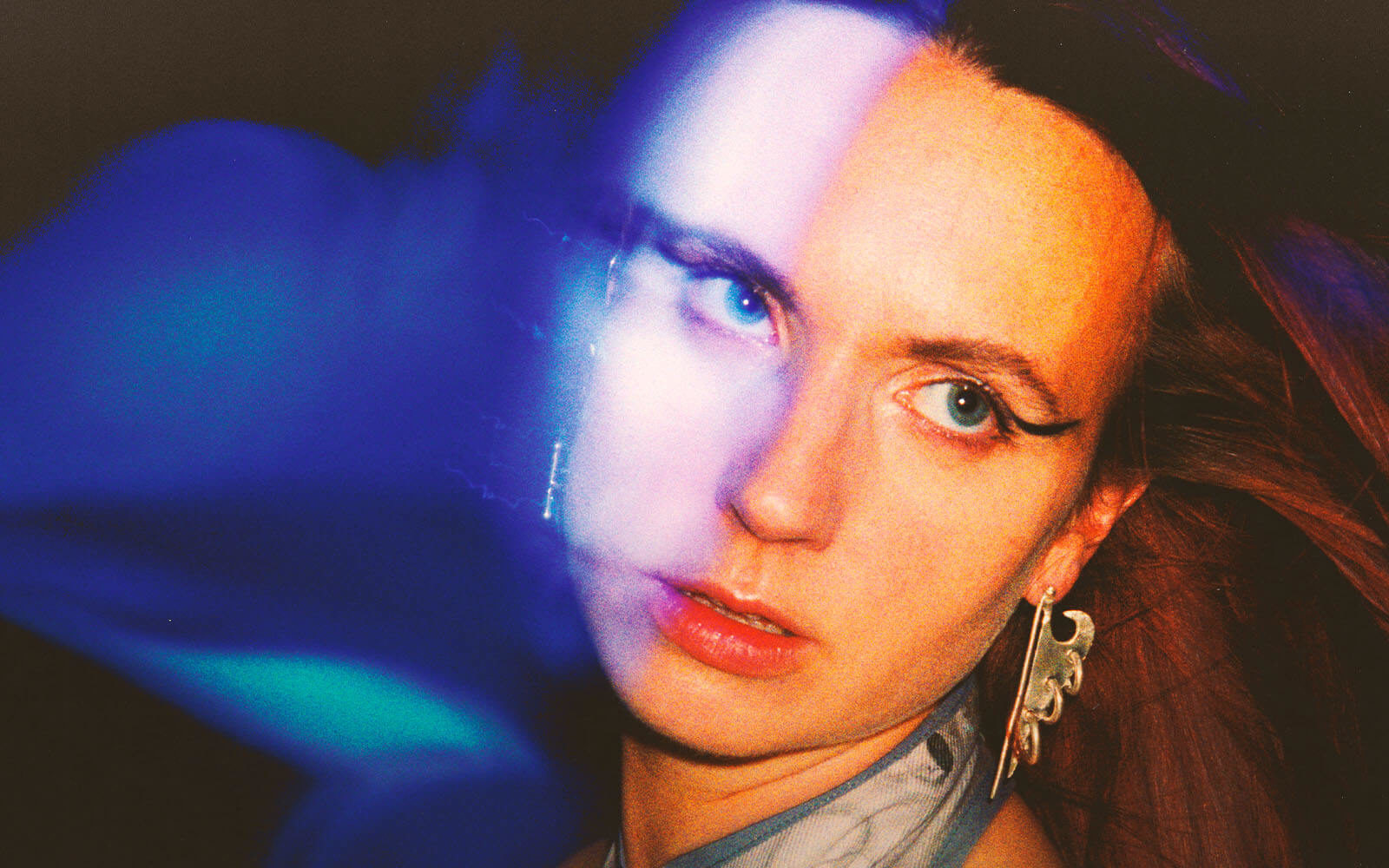
Karen Marie Ørsted may have crashed the mainstream as alternative indie-pop vocalist MØ, but if you look at her early life and musical beginnings you might not have predicted her to one day be breaking Spotify streaming records while dropping collabs with the likes of Justin Bieber and Major Lazer. Ørsted actually got her start in the punk scene, playing gigs on the island of Funen in her native Denmark. Sporting a tattoo dedicated to Russian activist supergroup Pussy Riot, MØ grew up idolizing Sonic Youth’s Kim Gordon, participating in anti-fascist discussion groups online, and spent five years in a punk duo MOR – their first EP was titled Fisse I Dit Fjæs, which translates to “Pussy in Your Face.”
With a couple lucky breaks that included a feature on Major Lazer’s dance floor chartbreaker “Lean On,” followed by a Saturday Night Live debut alongside Iggy Azalea, and of course, sharing mic time with the Biebs, MØ was instantaneously propelled into the spotlight of the pop world. After seven whirlwind years of chasing hit singles and constant touring around the globe, the pandemic hit at a strangely opportune time. Feeling burnout and an uncomfortable distance from her roots, Ørsted had already been planning to sit down, take a breath, and stay out of the spotlight for a couple years while she searched to rediscover her passion. With her freshly-dyed flaming red hair on full display, that residual fighting spirit is still on full display over a Zoom call as Ørsted gestures wildly, swearing with reckless abandon: “I needed to step out of the hamster wheel,” she says. “I don’t regret anything, but after I stopped touring and took the break, it felt like waking up from seven years of partying.”
In a strange dichotomy, Ørsted felt that she needed to reconnect with her youth while simultaneously moving forward into a more realistic, mature future. Themes of nostalgia and living with a youthful spirit have always pervaded her music – her last project, released in 2018, was titled Forever Neverland in reference to Peter Pan’s steadfast commitment to never growing up. Even her Twitter handle reads @MOMOMOYOUTH. Ørsted’s realization was that living in Neverland forever, slowly morphing into a disingenuous version of herself, wasn’t sustainable. She turned her focus instead to self-care days and more personal tracks analyzing the ups and downs of her life subsumed in the grinding machine of celebrity culture. Getting out and finally taking the leap to adulthood was one of the most punk things she could have done.
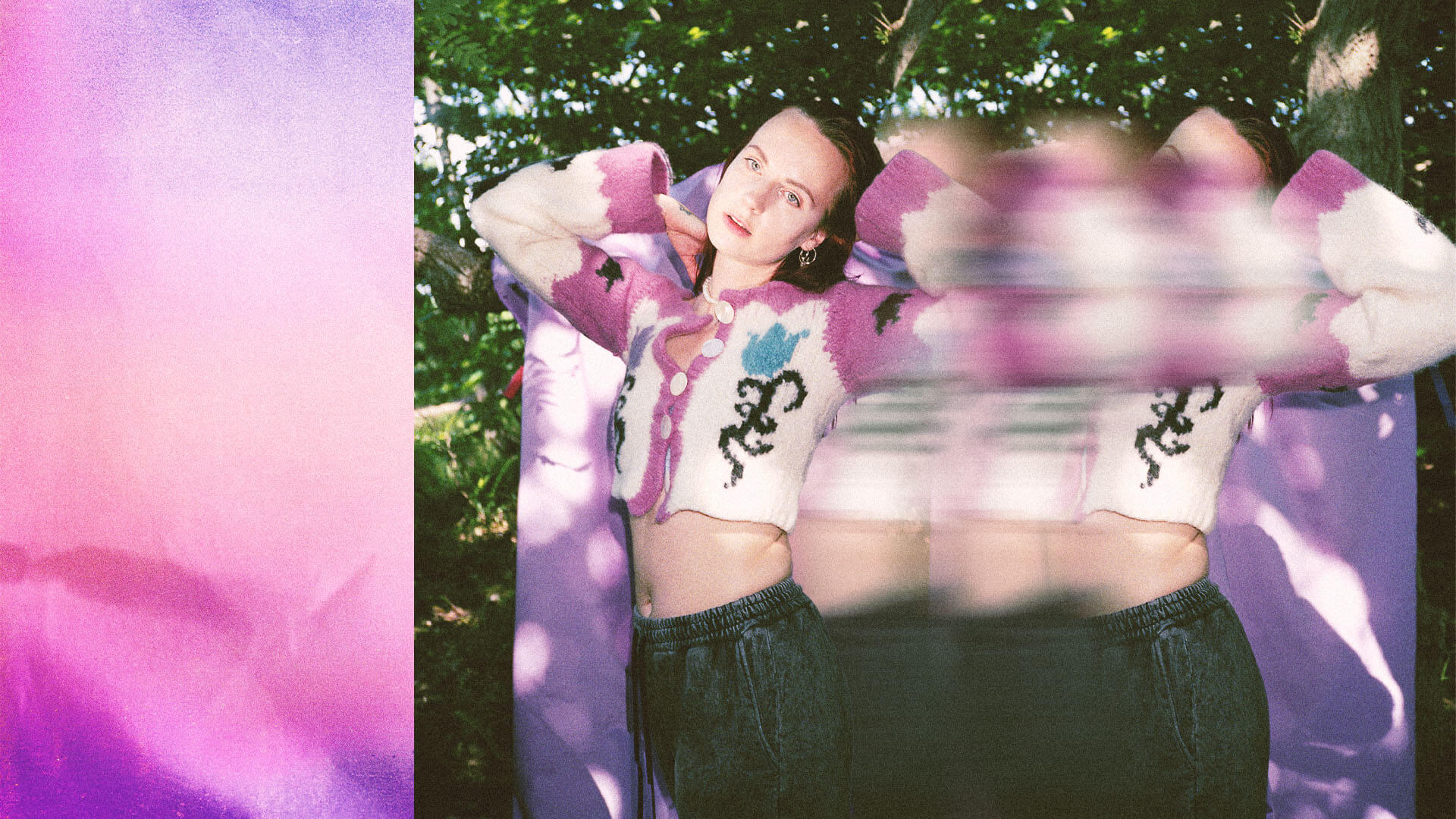
“I’ve talked to many other musicians about this – it’s like you freeze in time the moment you break through into success,” she says. “Even when I was a teenager, I was nostalgic about being younger, and it’s a big source of inspiration for me, but I started feeling like it was too much. I wasn’t willing to let go of this mindset of ‘just keep going, just keep dreaming.’ Ever since I was a little kid it was my dream to be a musician. The jobs kept coming, and I think it was impossible for me to stop because I was living my literal dream life.”
The resulting music isn’t a return to the incendiary power chords and full-voiced aggression of her early days, but it’s certainly a lot closer to the avant-garde, rule-free hyperpop and PC Music camps than the stadium-ready styles of the electronic producers that her name was previously attached to. When Ørsted started out, there was some initial pushback from her team about using a character that is essentially unpronounceable to English-speaking audiences. The uniqueness of the “Ø” is exactly what piqued many fans’ interests, and her music functions in essentially the same way – anthemic electro-pop thrills that always contain one bold, defiant instrumental twist, whether it’s a massive breakbeat on more tender acoustics, sudden grinding, industrial dance sections, or a roaring guitar solo. It’s all topped off with a voice that superproducer Benny Blanco once called “the most unique, interesting, hypnotic voice in the world,” full of cracks, eccentricities, and emotion.
“When I was a kid, all the popular boys and girls had this beautiful technique, and I was so jealous,” Ørsted says. “When I started getting into punk music, I realized that it was good that I didn’t know how to do that. Don’t get me wrong, I don’t want to be completely off the tone. But to me, singers who sing in a very unique – or even bad – kind of way are really mesmerizing.”
It makes sense that Ørsted’s other favourite act growing up was The Spice Girls, which she calls “a mainstream pop fabrication of the riot grrrl movement.” Her latest tracks often feel like a combination between their peppy tales of self-empowerment and the gritty vocals and outpouring of messy, genuine human emotion of her punk idols. The title of her new album is Motordrome, which refers to her former around-the-clock lifestyle. “In Danish we call it dødstrom. It’s that thing where you bicycle in a dome and if you stop, you crash,” she says. “The actual translation is ‘dome of death,’ but I thought that was maybe a bit too harsh.”
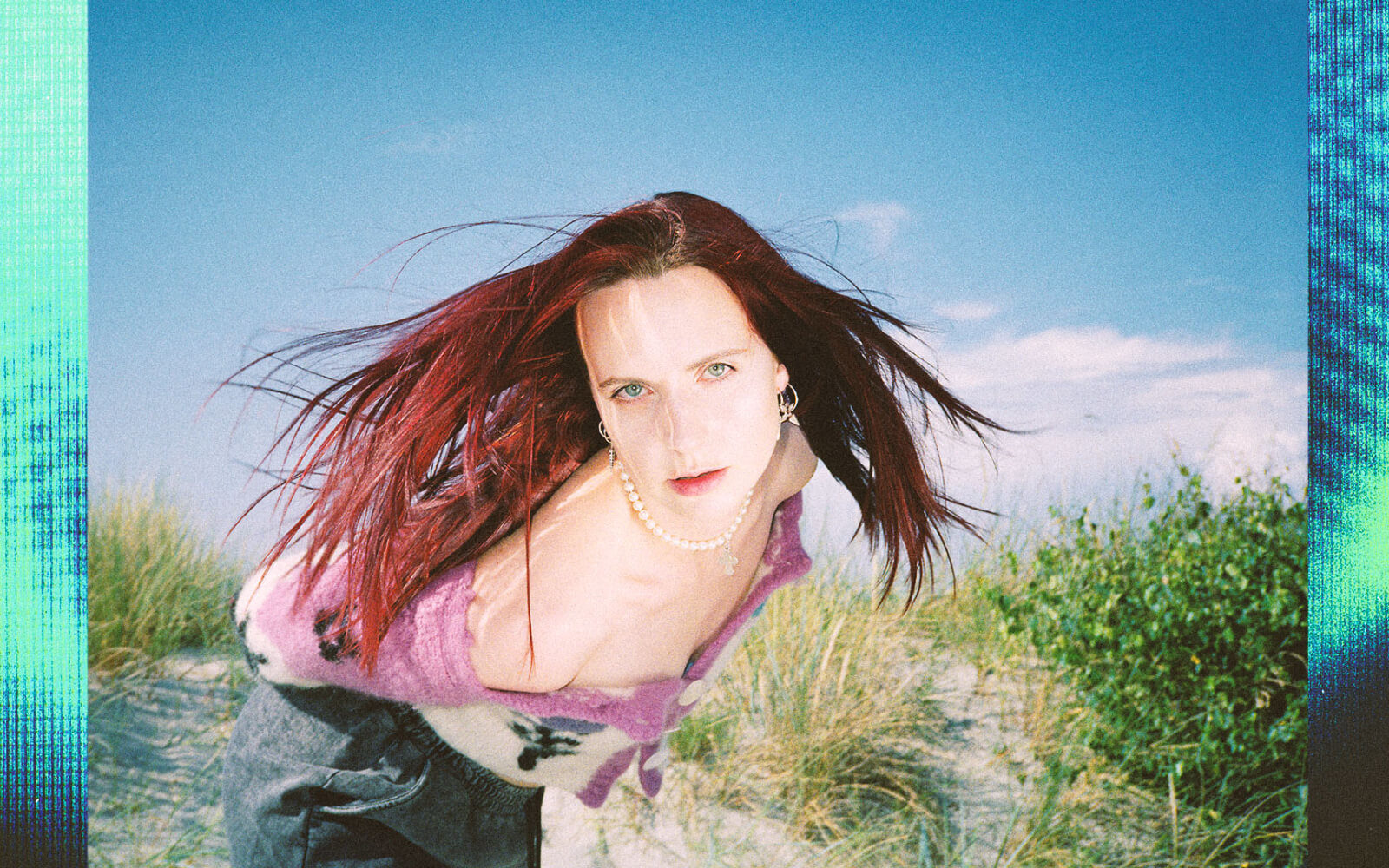
Ørsted’s backpedaling on the title may have been to avoid a conflict with the more uplifting lyrical content on display, but the situations that inspired her to write songs where she fights back with a surge of positive energy came from some scary situations that taught Ørsted that sometimes, conflict is necessary. The track “New Moon” refers most directly to the times during Ørsted’s Hollywood days when she felt invisible and unacknowledged, her voice drowned out by the (mostly male) walking, talking representations of ego in the room. In those days, the mentality had been hammered into her that the next big hit was the most important thing. Afraid of losing it all, she avoided confrontation and went along for the ride, unknowingly at the time that it would be to the detriment of her mental health. “I had to teach myself that being in a situation where you need to say ‘no’ isn’t dangerous,” she says. “For so many years, I’ve been trying to please people around me. I thought that was a sustainable way to be a boss, but I don’t think you do anyone any favours by letting yourself be small. You’re doing a better job if you’re being honest and transparent and not scared of conflict.”
It’s always been important for Ørsted to have her strong political beliefs and remnants of her activist past crop up from time to time in her music. As it would seem, the world provided her with plenty to comment on as of late. Rediscovering what made her special from the beginning, Ørsted’s lyrics once again get more specific. In a key lyric on the album’s closing track, she sings “We’re living in a dark age, but I see fire in the streets.”
“The older generation talks about this time like ‘ohhh, things are going like shit,’” she says, adopting an exhausted, defeated tone as her Danish accent emerges. “Whereas I see so much hope for change in the youth. People are so eager for conversation, to push the world further.”
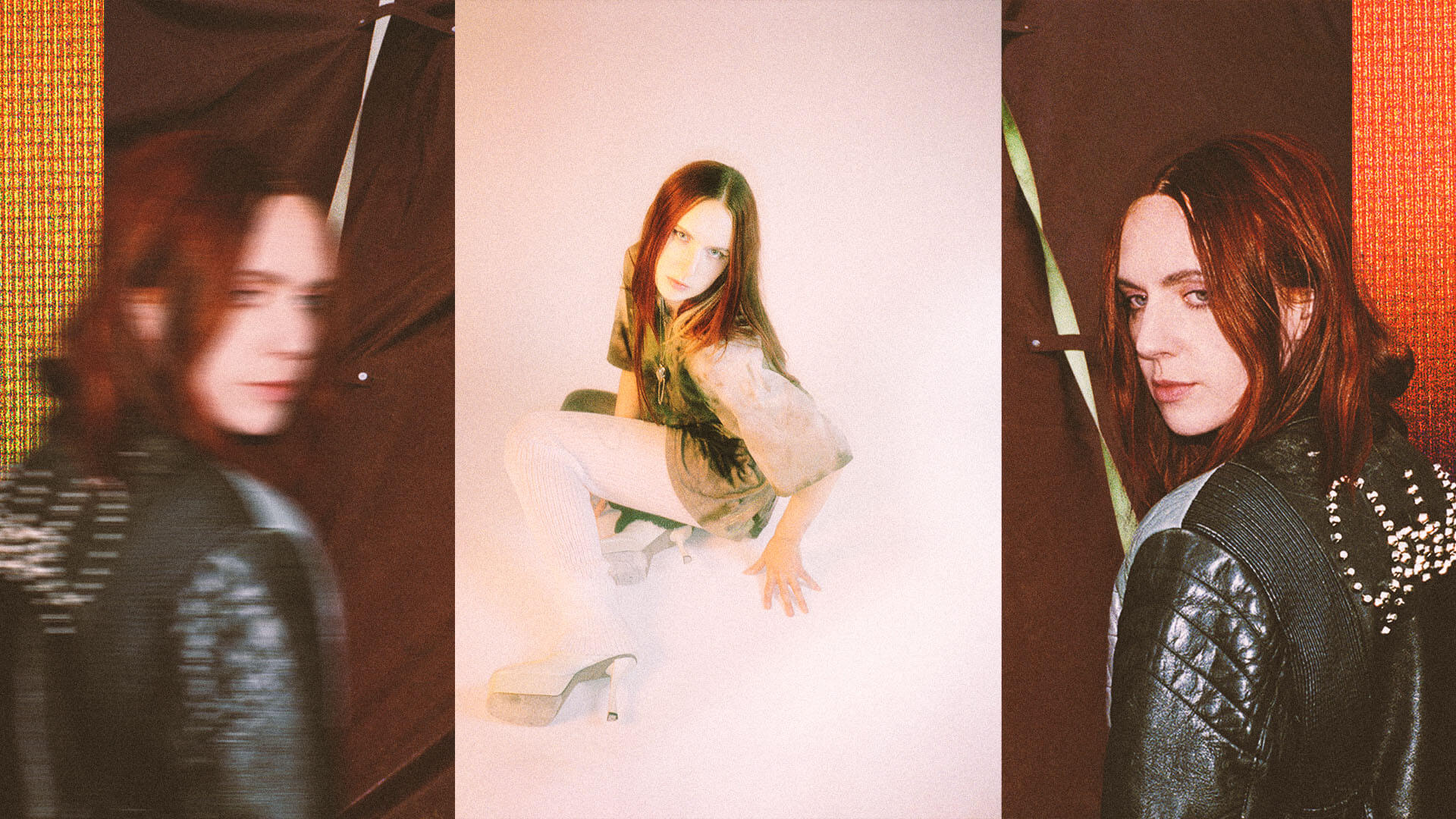
“I see so much hope for change in the youth. People are so eager for conversation, to push the world further.”
Ørsted defiantly standing up for herself and her beliefs; proof that her punk spirit never died – and even better, it’s more grounded in reality now. Instead of screaming whatever comes to mind, she now remains careful to refrain from addressing topics she’s not fully versed in or educated about. “It’s so important to talk about politics, but I don’t want to contribute to a stream of hot air. I want to be sure that I know what I’m talking about.” she says. “That’s one of the reasons I write music, because in a way it’s easier to communicate some of those things through poetry than direct speech.”
In some of Ørsted’s early interviews, it’s hard to believe it’s the same person that appears over our Zoom call today. In lieu of ambitious future plans, MØ often tried to sound excited about endless arena tours and featured appearances with EDM superstars – after all, that’s what she was known for to the general public – but couldn’t hide the tinge of uncertainty. The Ørsted of today would rarely end a sentence with “I guess,” a phrase that often cropped up in her answers when asked about her next steps. As she prepares to enter a new phase of her life and career, Ørsted gets emotional when looking back at the young singer beginning an unforgettable but overwhelming journey. “I think I would say to myself: really make sure to follow your intuition and listen to yourself,” she says. “It’s easier said than done.”
With all her feelings now laid out on the page and with her extended, much-needed break soon coming to an end, Ørsted is ready to follow that intuition out of Neverland and into the exciting uncharted territory ahead.
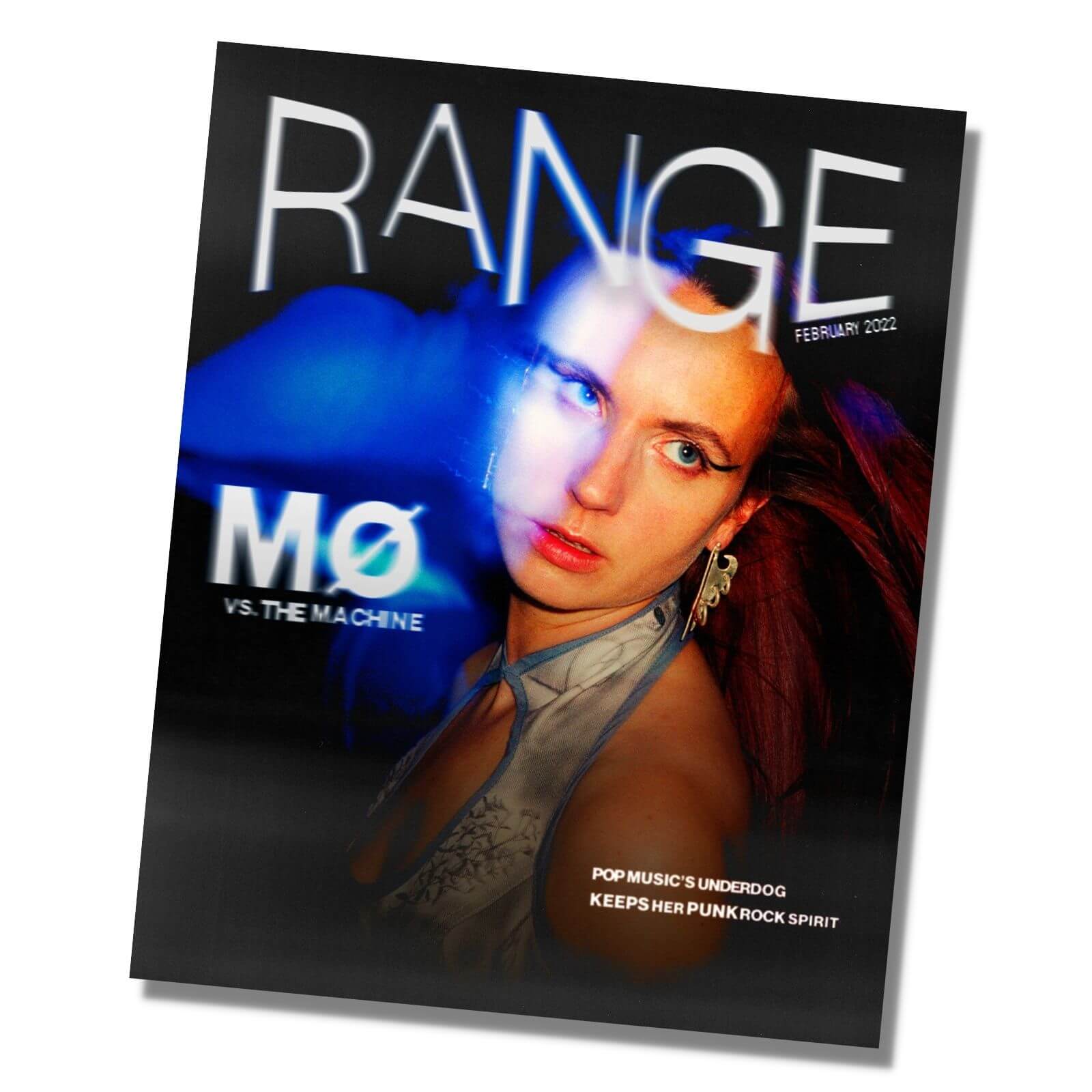
By Emma Johnston-Wheeler
The Followills discover the freedom of new beginnings with a rock and roll album that brings the party back to life.
By Sierra Riley
From ringtones to TikTok, Rollie Pemberton shares how technology has both inspired and disrupted his musical identity.
By Gaby Harrie
Navigating modern American life, fashion, and politics, the indie icon envisions a future bordering on science fiction in her new album, The Collective.